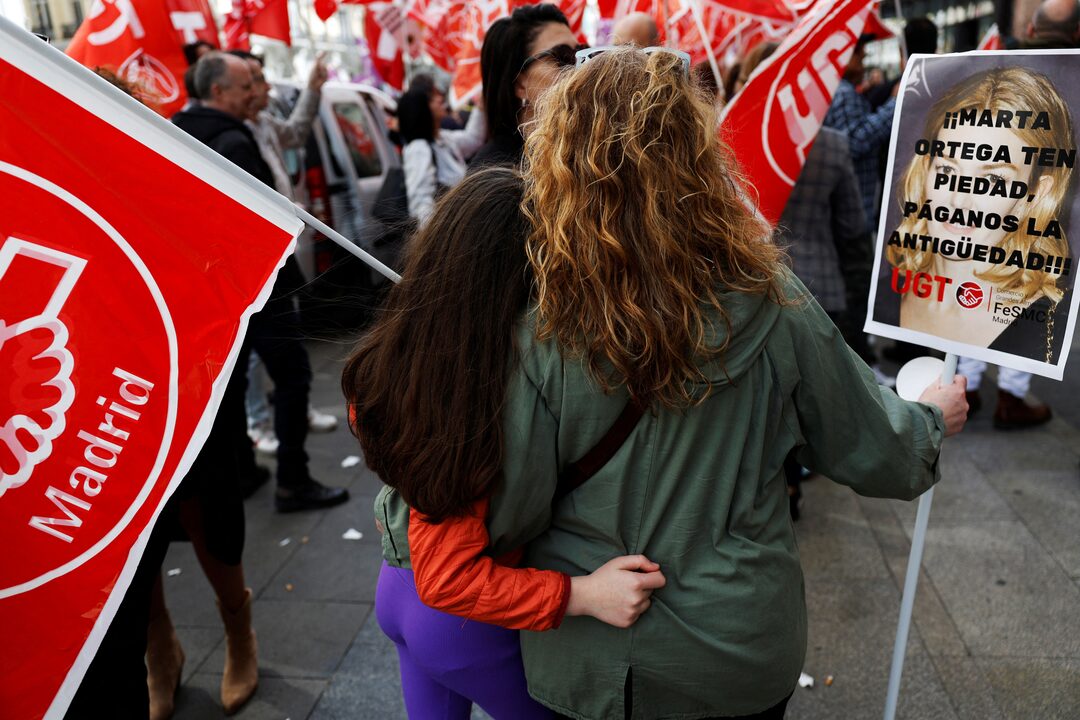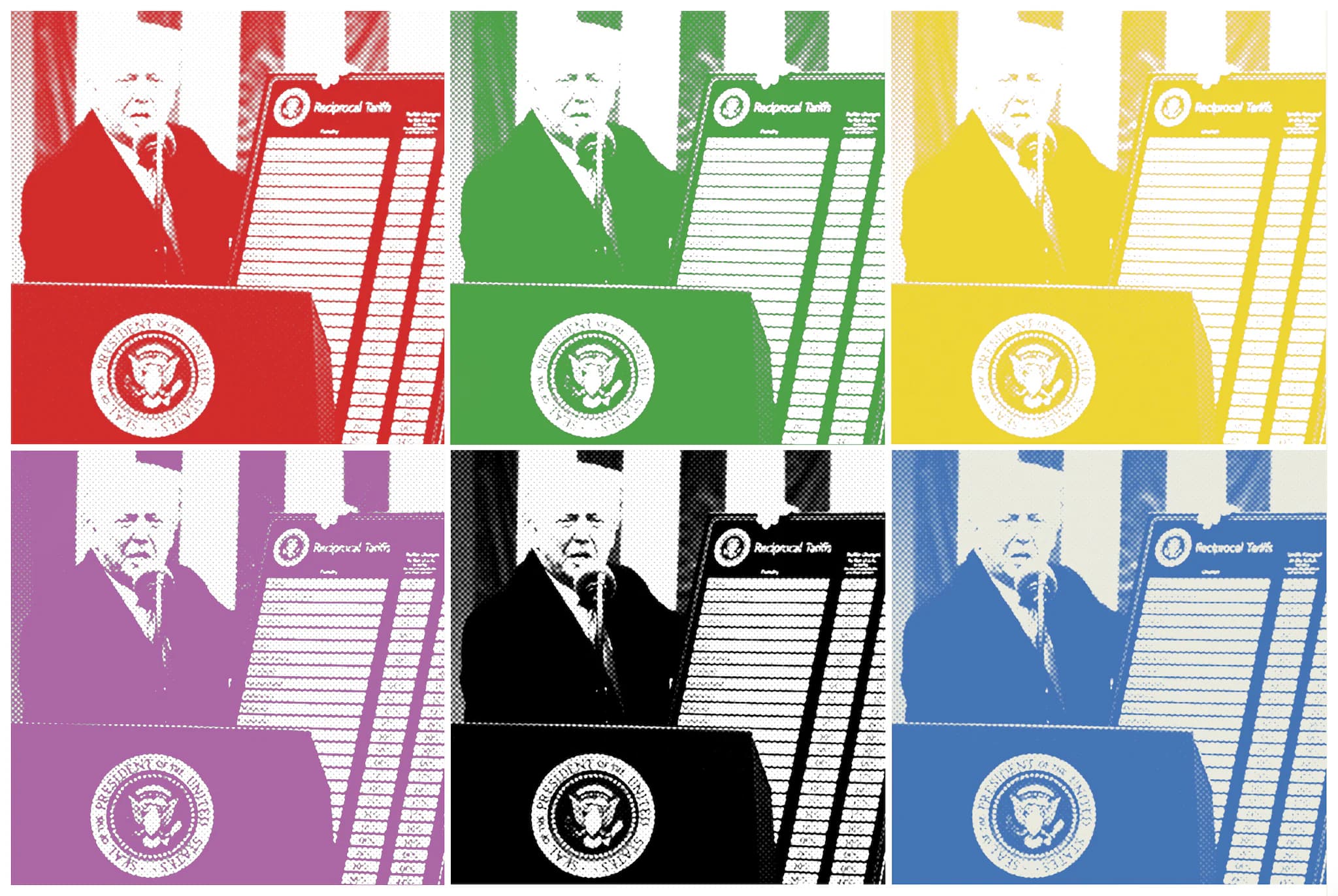The recent analysis from the JPMorganChase Institute reveals a staggering $82.3 billion price tag on President Trump"s tariff policies. This monumental figure threatens to shake the very foundations of American businesses, particularly affecting the retail and wholesale sectors that employ countless workers across the nation.
Massive Costs Loom for Employers
According to the report, businesses with annual revenues between $10 million and $1 billion will bear the brunt of these tariffs. The analysis has raised alarms among economic experts and advocates for social justice, highlighting that employers may resort to price hikes, layoffs, or profit reductions to manage this unprecedented financial burden. This is not merely an abstract economic statistic; it represents the potential for real job losses and a further widening of the economic divide.
Impact on Workers and Families
The implications of these tariffs are dire for working families. As reported by BNN Bloomberg, vulnerable sectors will likely see higher consumer prices, which disproportionally impact low-income households. Families are already facing economic strain, and these tariffs could exacerbate existing inequalities, making essential goods even less affordable.
\n\n
JPMorgan could be the banking sector"s biggest hero — or ...
Environmental Justice at Risk
This isn’t just an economic issue; it intertwines with environmental justice. Tariffs on imports often relate to environmental standards. As businesses grapple with increased costs, they may be tempted to cut corners on sustainability efforts or environmental compliance to maintain profitability. This could lead to heightened pollution and further environmental degradation in communities that are already bearing the brunt of industrial harm, particularly marginalized communities that lack the political power to resist such changes.
Political Ramifications and Public Response
The political landscape is shifting as public awareness of these issues grows. Grassroots organizations are mobilizing to advocate for more equitable trade policies that prioritize workers and the environment over corporate profits. Activists argue that the $82.3 billion loss is not simply an economic setback but a rallying cry for a broader movement toward sustainable and just economic practices. As reported by the Global News, calls for accountability are rising, demanding that policymakers consider the real human costs associated with their decisions.
\n\n
Zara shop workers protest outside Spanish stores after record ...
Future of Tariffs and Economic Policy
Looking ahead, it’s crucial to consider the long-term implications of these tariffs. The potential for economic destabilization is significant, especially if businesses respond by offshoring jobs or seeking cheaper labor markets to counteract domestic pressures. This could lead to a race to the bottom, undermining job security even further. Economists warn that this approach could threaten not just jobs but also the social fabric of communities across the country.







![[Video] Gunfire between Iraqi security forces and Sadr militias in Baghdad](/_next/image?url=%2Fapi%2Fimage%2Fthumbnails%2Fthumbnail-1768343508874-4redb-thumbnail.jpg&w=3840&q=75)
